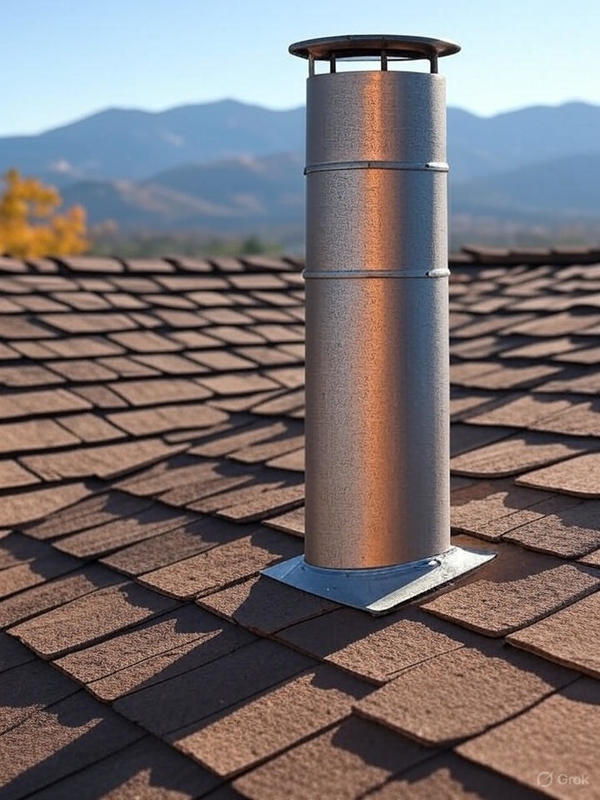What Are the Legal Considerations in Colorado Springs File Cabinet Lock Replacement
10
0
·
2025/07/24
·
5 mins read
☕
WriterShelf™ is a unique multiple pen name blogging and forum platform. Protect relationships and your privacy. Take your writing in new directions. ** Join WriterShelf**
WriterShelf™ is an open writing platform. The views, information and opinions in this article are those of the author.
Article info
Categories:
⟩
⟩
Tags:
Date:
Published: 2025/07/24 - Updated: 2025/07/24
Total: 1060 words
Like
or Dislike
More from this author
More to explore











Introduction:
When we talk about file cabinet lock replacement, most people only think about the hardware—getting a new lock, maybe calling a locksmith, and calling it a day. But there’s more going on behind that locked cabinet door than you might expect. Especially in a place like Colorado Springs, legal rules around privacy, data storage, tenant rights, and even business compliance can creep into something as simple as a lock change. Whether you're a homeowner, landlord, or small business owner, it’s important to know what you’re getting into before making any changes. Colorado Springs File Cabinet Lock Replacement can help ensure your lock swap is safe, smart, and fully within legal bounds.
1. Key Features That Matter Legally
Before we dive into the actual rules, let’s look at the features of file cabinet locks that could trigger legal concern.
Not all locks are created equal. Some are designed just to keep curious kids out, while others are rated for sensitive legal documents or personal files like medical records. The kind of lock you choose could say a lot about your intent to protect information—which becomes important if there’s ever a legal dispute.
If your file cabinet holds sensitive data (e.g., client files, financials, employee info), you’re responsible for protecting it under state and federal laws. Choosing a lock that’s too basic could be seen as negligence if that data is ever stolen or misused.
2. Safety Isn’t Just Physical—It’s Legal Too
When people hear “safety,” they think of break-ins or fire hazards. But legal safety is just as big. Let’s say you're a landlord with a tenant’s rental application tucked inside a file cabinet. If someone accesses that without permission—even if the cabinet was just left unlocked—you could be held liable under privacy laws like the Fair Credit Reporting Act.
Businesses face similar risks. For example, if you operate a home-based business in Colorado Springs and you keep customer records on file, you may be required by law to keep those documents locked up. Replacing the lock improperly, or failing to restrict access, could leave you open to legal claims.
That’s why it’s a good idea to ask: Is this just about convenience, or is there a legal reason this lock needs to be secure?
3. Cost Isn’t Just Dollars—It’s Risk Too
Sure, a file cabinet lock replacement might cost $50 to $150, depending on the type. But what’s the cost if something goes wrong? That’s the part many people overlook.
Hiring someone unqualified or installing a lock that doesn’t meet legal expectations could end up costing you way more than a locksmith ever would. Imagine being sued for failing to protect customer information just because you installed a lock from a bargain bin.
And then there’s documentation. If you’re running a business or managing a property, make sure you document the lock replacement. Note who did it, when it was done, and what type of lock was used. That kind of paper trail can protect you later if any legal questions come up.
4. Emergency Service and Who Has the Right to Enter
One of the trickiest parts about lock replacement is deciding who gets the new key. For homeowners, it’s straightforward—you own the space. But for landlords or managers, it’s more complicated.
In Colorado Springs, if you're replacing a lock on a tenant’s file cabinet, you must have consent unless there’s a valid legal reason (like abandoned property or an emergency). The same goes for shared workspaces. If an employer or supervisor changes a cabinet lock without informing the person who uses it, that can create trust issues—or even violate workplace agreements.
This is where emergency service comes into play. If you need to get into a locked file cabinet immediately—for example, in a medical setting or during a legal dispute—you may be allowed to replace the lock without permission. But even then, it's best to document everything and consult legal advice.
And keep in mind, emergency access should always be justifiable. If someone questions your actions later, you'll want to show it wasn’t done recklessly.
FAQs
Q1: Is it legal to replace a file cabinet lock without telling others in Colorado Springs?
A: It depends. If you own the cabinet and it contains your files, yes. But if the cabinet is shared (like in a rental or office), it’s best to inform anyone else who uses it. In some cases, failing to do so could cause legal issues.
Q2: What kind of lock is best for sensitive or legal documents?
A: Look for high-grade locks or models specifically made for data protection. Digital locks with access logs are even better for legal compliance.
Q3: Do I need to keep records of a lock replacement?
A: For personal use, it’s optional. For businesses, landlords, or legal purposes, yes—it’s highly recommended to document what was changed and by whom.
Q4: Can I do it myself or should I hire someone?
A: If you're confident and it's a simple lock, you might be fine doing it yourself. But if the contents are sensitive or legally protected, hiring a professional can help you avoid mistakes.
Q5: What happens if I lose the keys after replacing the lock?
A: You'll need to replace the lock again. To avoid that, always store a backup key in a safe location or consider a lock system with a master key option.
Conclusion: Legal Smarts Make a Stronger Lock
Replacing a file cabinet lock seems simple, but when you peel back the layers, it’s tied into trust, responsibility, and legal obligations. Whether you’re protecting your family’s documents or sensitive business files, the law is quietly in the background—watching how seriously you take that responsibility.
So before you swap that old lock for a new one, pause and ask yourself: Who uses this cabinet? What kind of files does it hold? What are the legal expectations around this?
Taking the time to answer these questions could save you a lot of headaches—and possibly legal trouble—down the line.
For lock services that keep both your belongings and your legal bases covered, trust Colorado Springs File Cabinet Lock Replacement.
Read More: Colorado Springs Locksmith